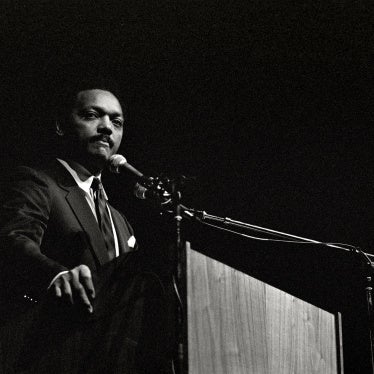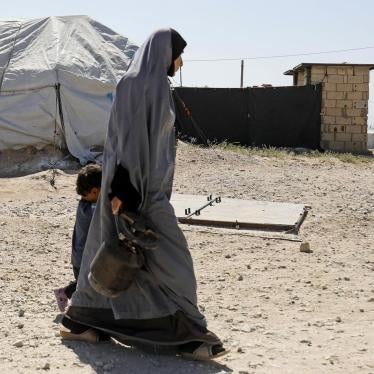There are many positive things to say about Eric Holder’s legacy as US Attorney General.
Holder was a champion for same-sex marriage and voting rights. He spoke powerfully about the need to fix a criminal justice system plagued by “systemic and unwarranted racial disparities” and in which “too many Americans go to too many prisons for far too long, and for no truly good law enforcement reason.”
He put his words into action. Holder adopted policies to restrict excessively harsh mandatory minimum drug sentences and to make it easier for dying, elderly, and incapacitated prisoners to obtain “compassionate release.”
He oversaw a jump in the number of Department of Justice investigations into whether law enforcement agencies engaged in a “pattern or practice” of civil rights abuses. After a white police officer shot and killed unarmed African-American teenager Michael Brown in Ferguson, Missouri, the Justice Department opened investigations into both the shooting and the Ferguson police department’s civil rights practices.
By allowing states to experiment with marijuana legalization, Holder opened the door – ever so slightly – to much-needed drug reform.
Holder rightly pressed the Obama administration to hold terrorism trials in time-tested US federal courts rather than in the dysfunctional military commissions at Guantanamo Bay, even though his efforts largely failed.
But on other fronts, Holder’s record is disappointing. While recognizing that the US owed its people “a reckoning” for torture and other abuses US officials committed against detainees after 9/11, Holder never delivered on that promise. In 2012, the Justice Department closed – with no charges filed – its only criminal investigation into alleged torture by US officials, leaving the lack of accountability for torture a blot on the US record and a rallying cry for those who would do the country harm.
Holder’s Justice Department brought an unprecedented number of Espionage Act prosecutions against whistleblowers, authorized abusive surveillance practices, and approved still-secret legal justifications for targeted killings operations in many parts of the world.
Puzzlingly for someone focused on ending discrimination, Holder presided over multiple cases in which the Federal Bureau of Investigation (FBI) targeted for investigation American Muslims who were indigent or had intellectual or mental disabilities, charging them with terrorism offenses that they may never have committed without the FBI’s persistent encouragement. Though he oversaw fair prosecutions in a number of terrorism cases, in others, prosecutorial tactics and overly broad material support charges may have violated fair-trial rights.
Under Holder, Justice Department prosecutions of immigrants for illegal entry and reentry skyrocketed, becoming the most prosecuted federal crimes in the country. These practices tore families apart, and locked up thousands who had committed no offense other than crossing the border. Some districts may be rolling these practices back; before leaving, Holder should press others to follow suit.
In his remaining months in office, Holder should also issue an updated Federal Guidance Regarding the Use of Race by Law Enforcement Agencies, which could help reduce racial profiling at the federal level.
But for the most part, it will fall to the next attorney general to build on the good in Holder’s legacy, and begin to address its flaws.









